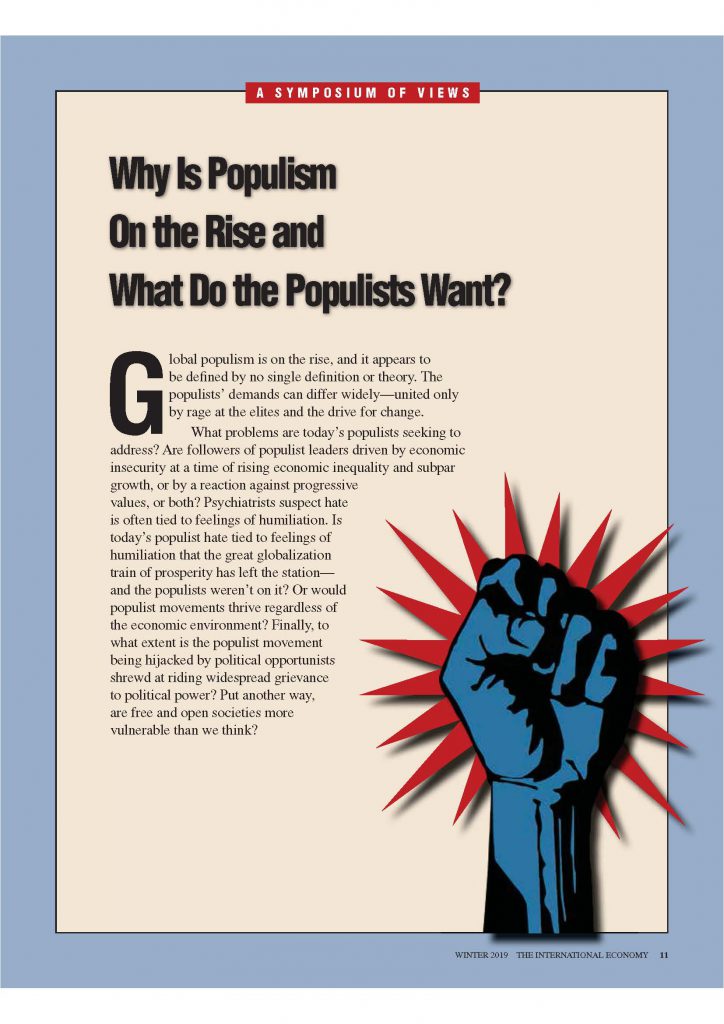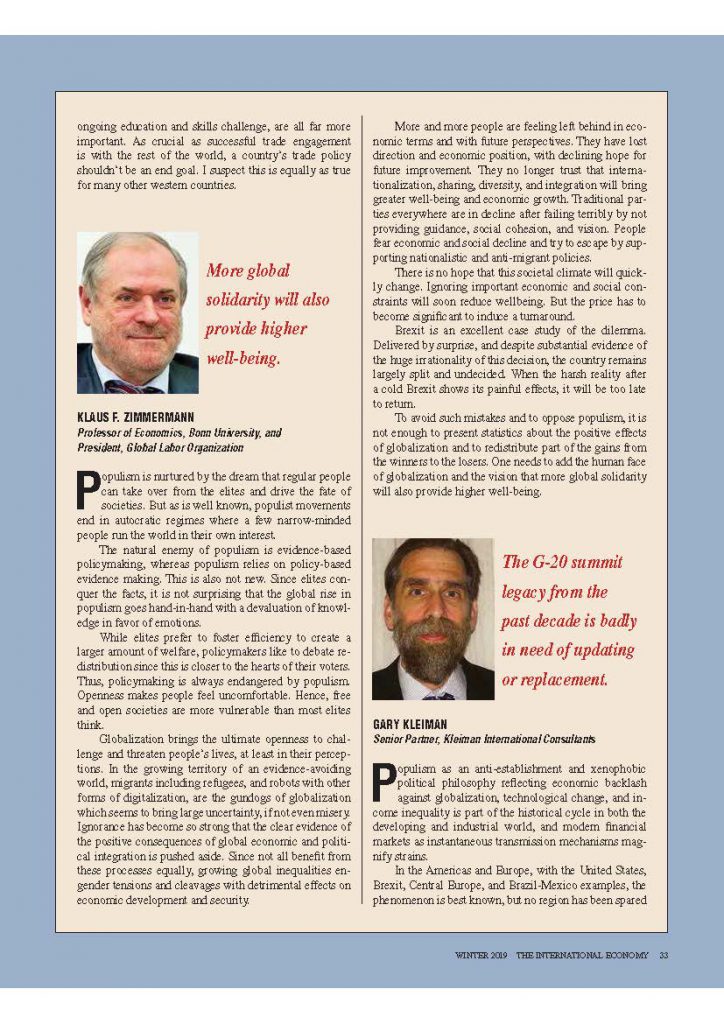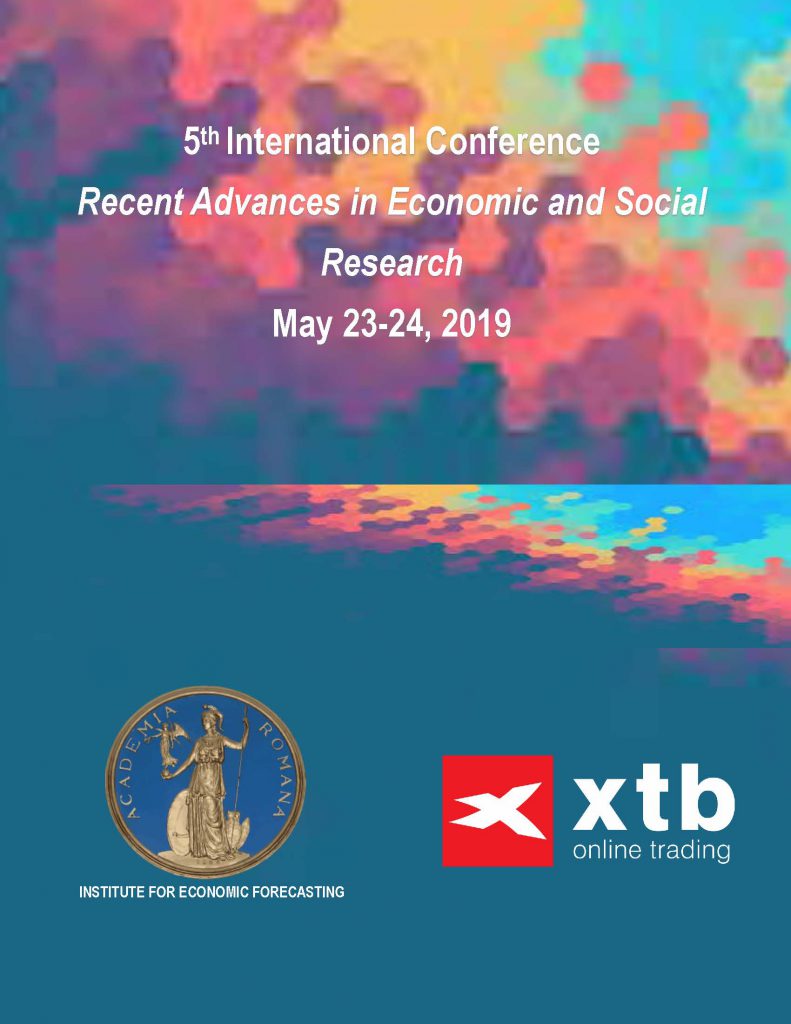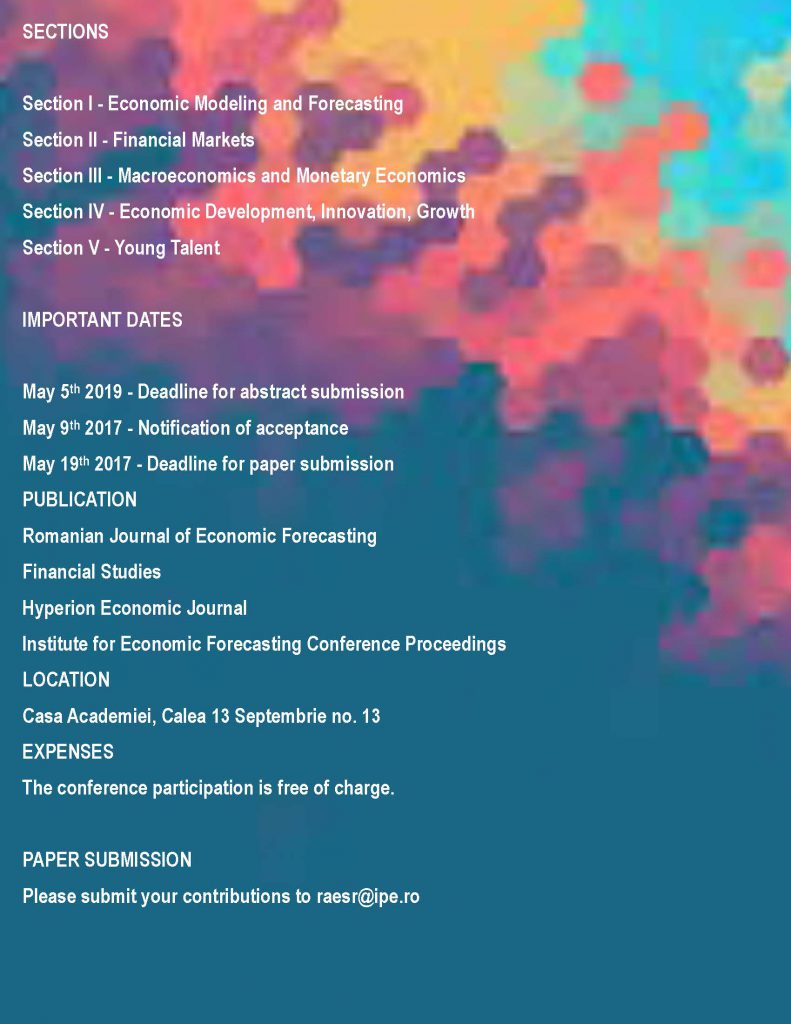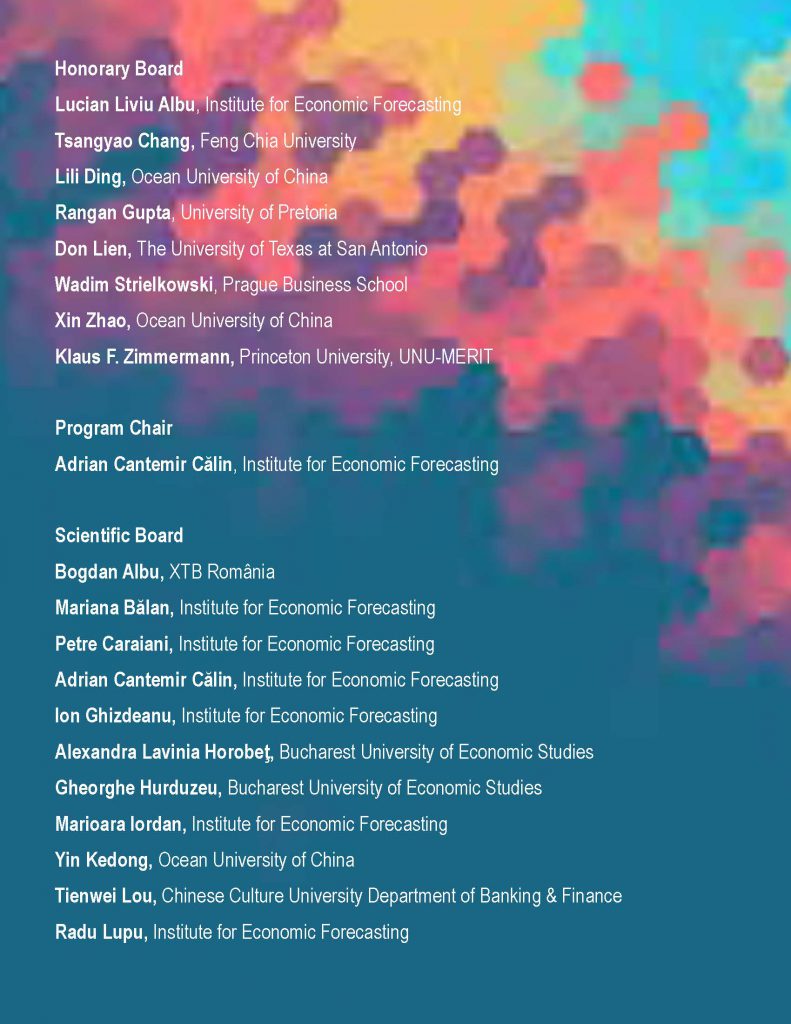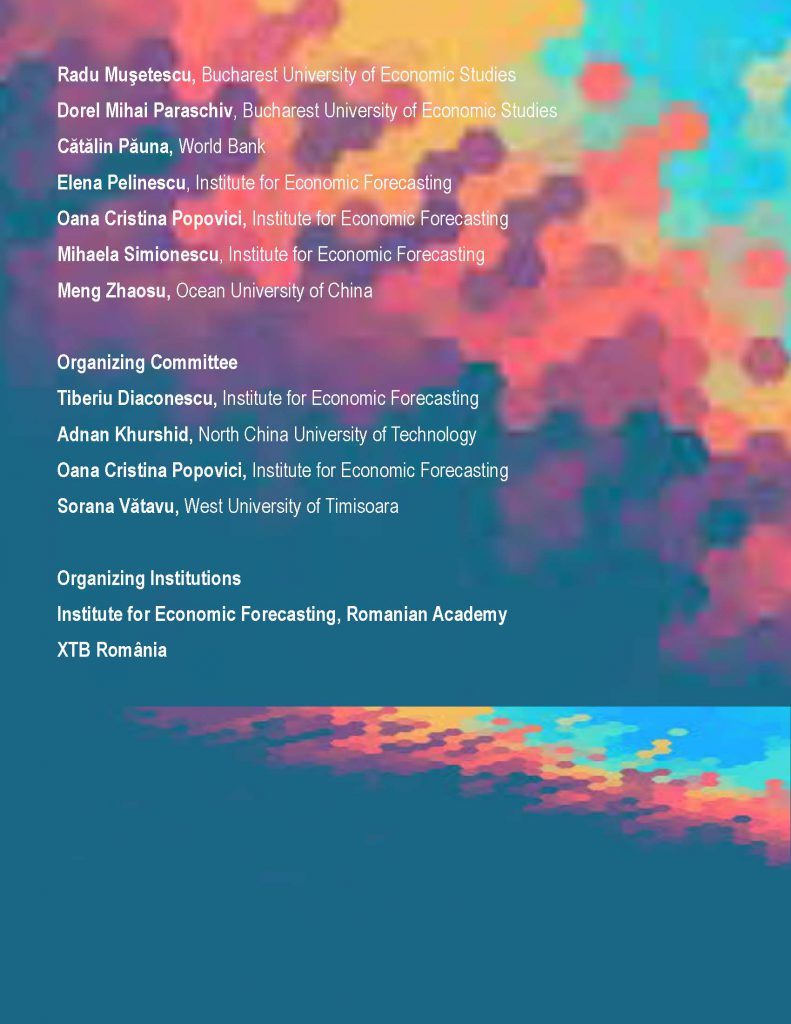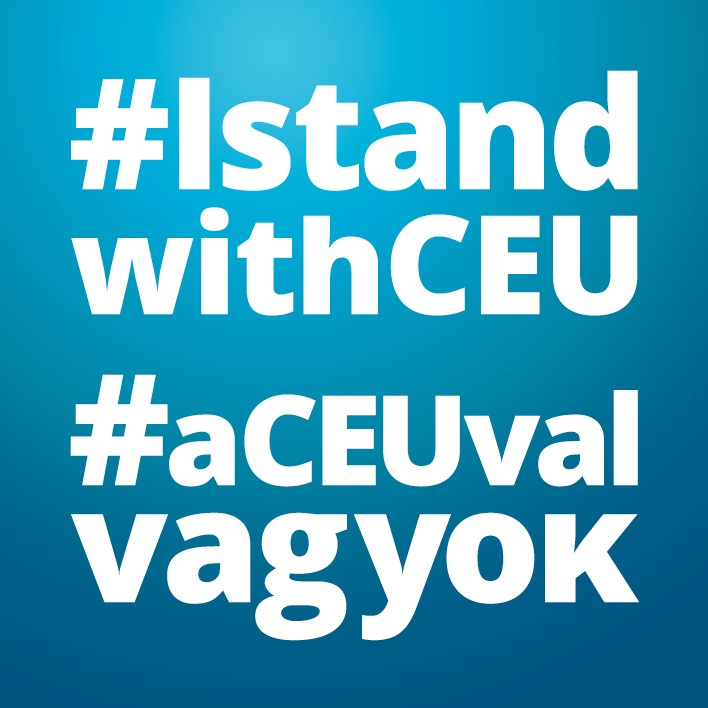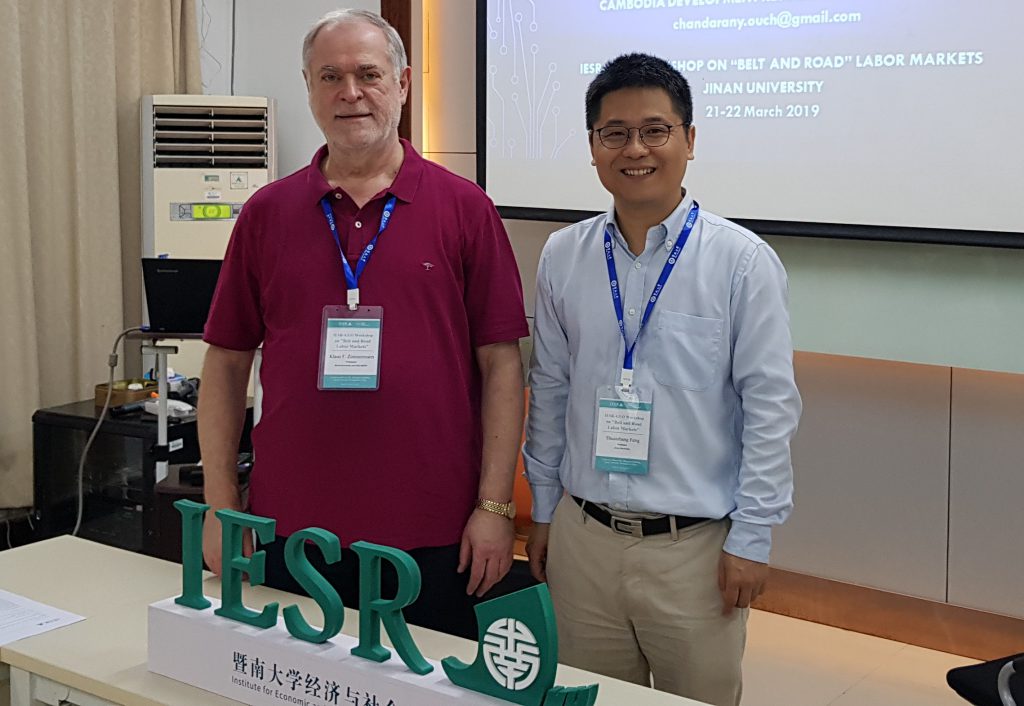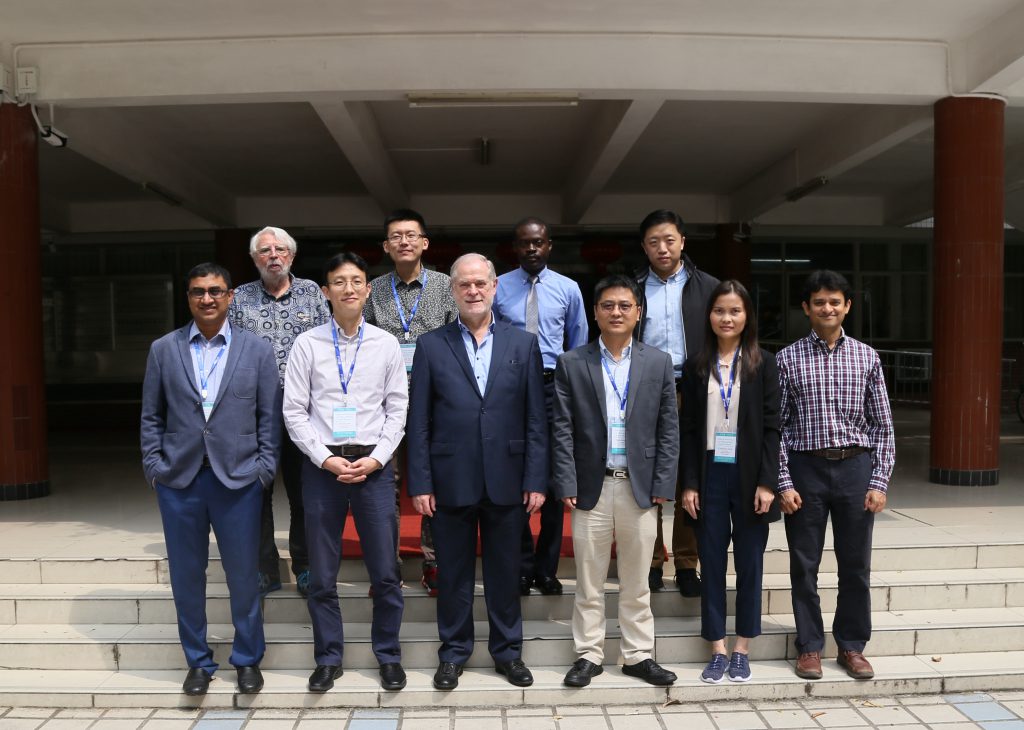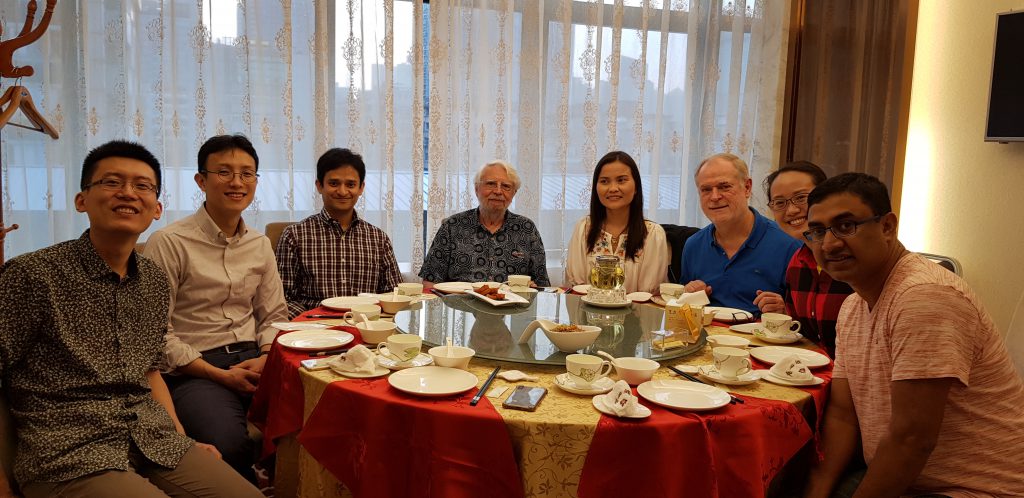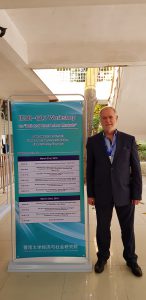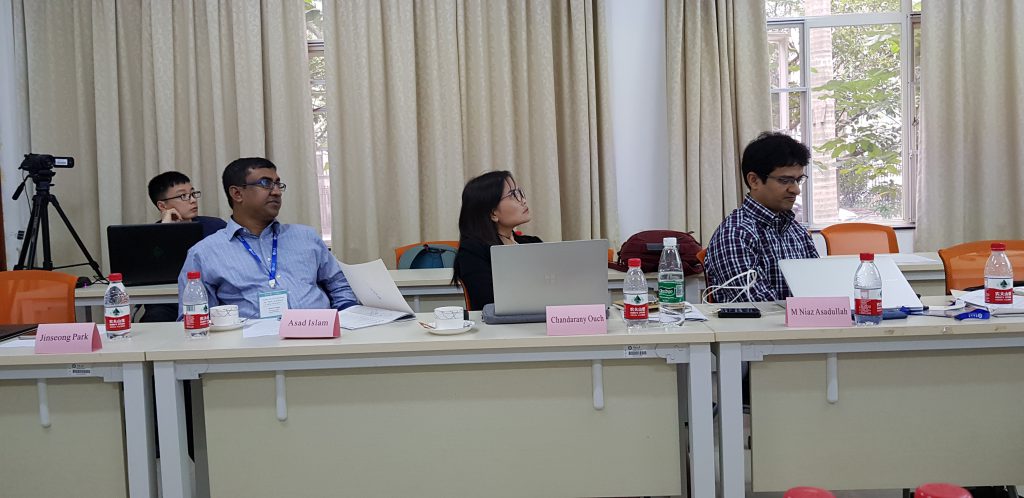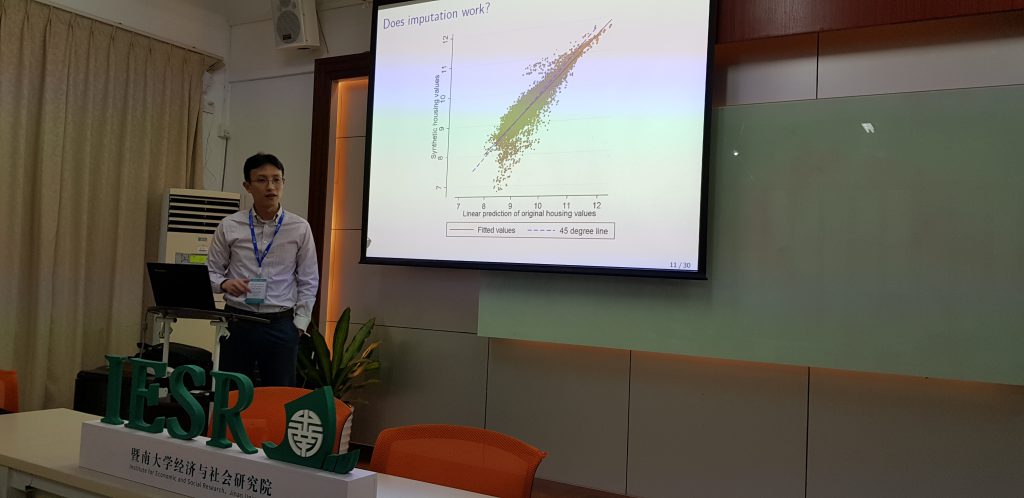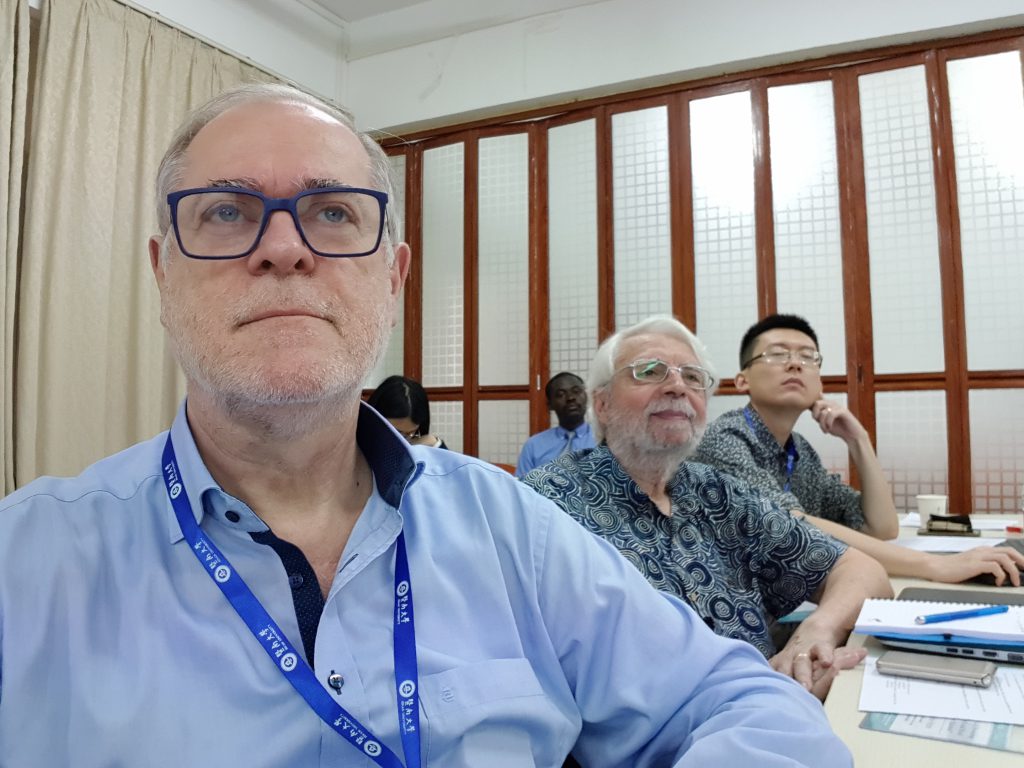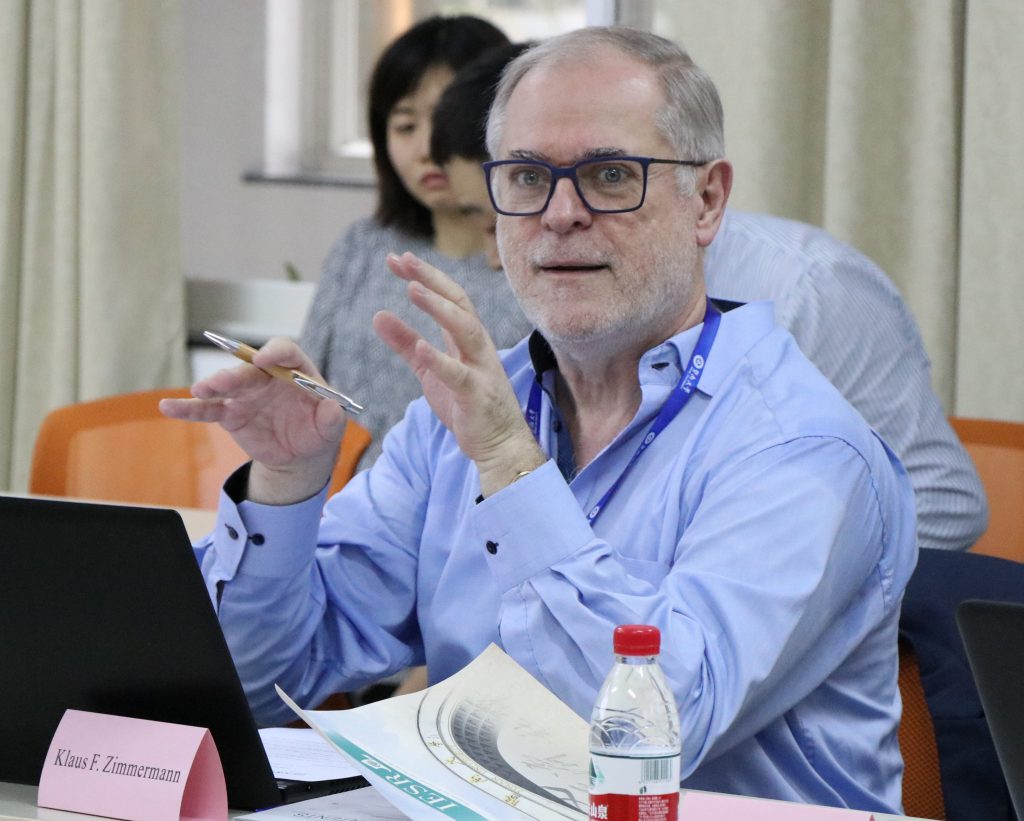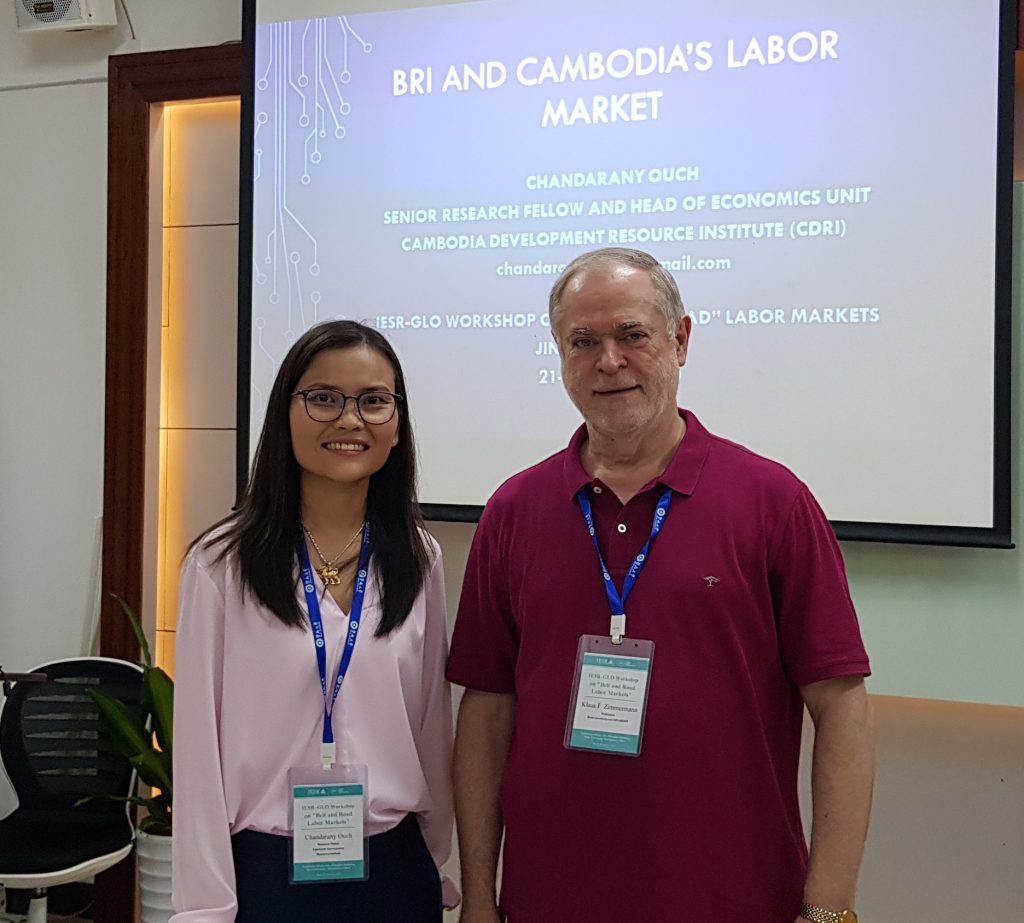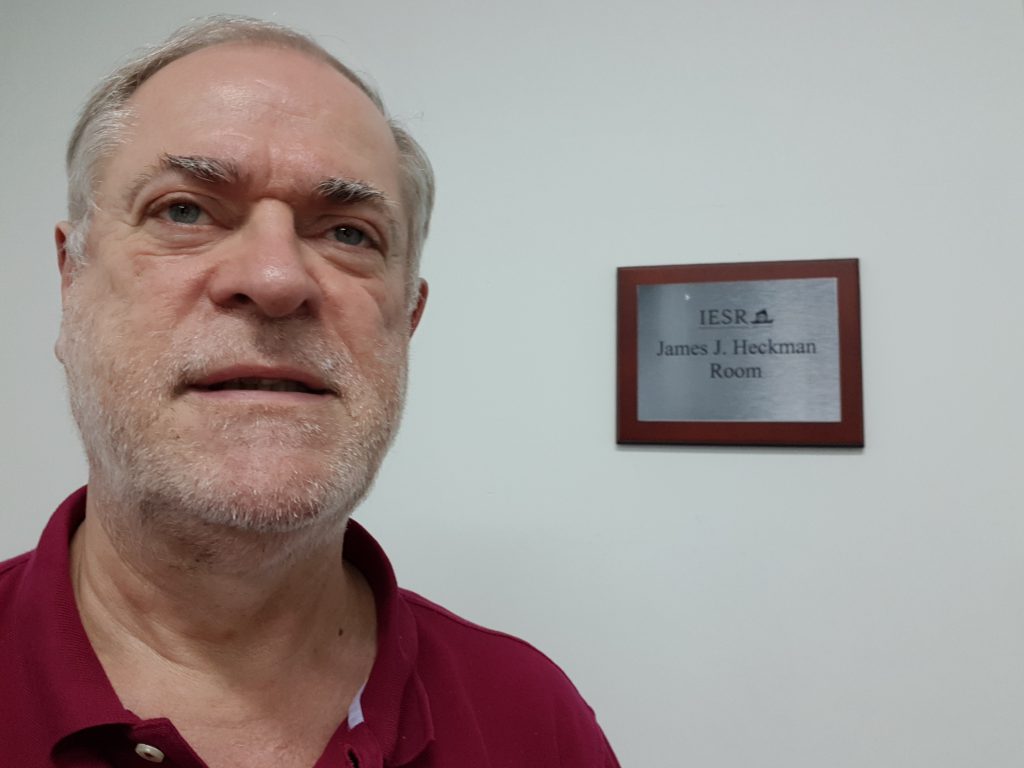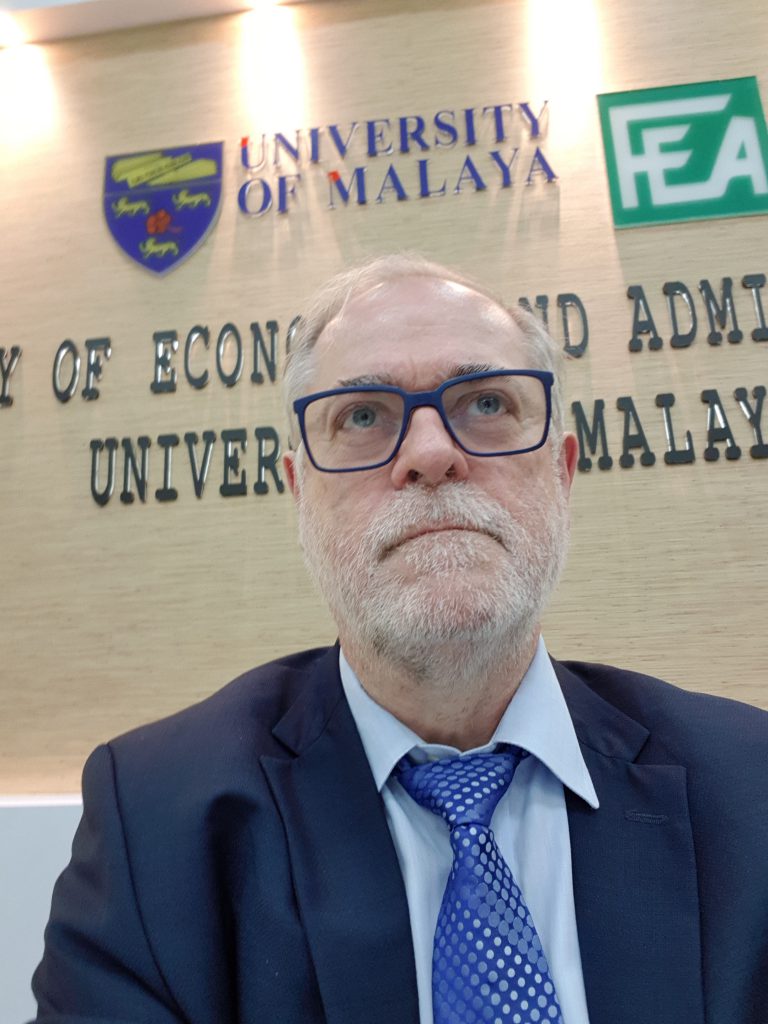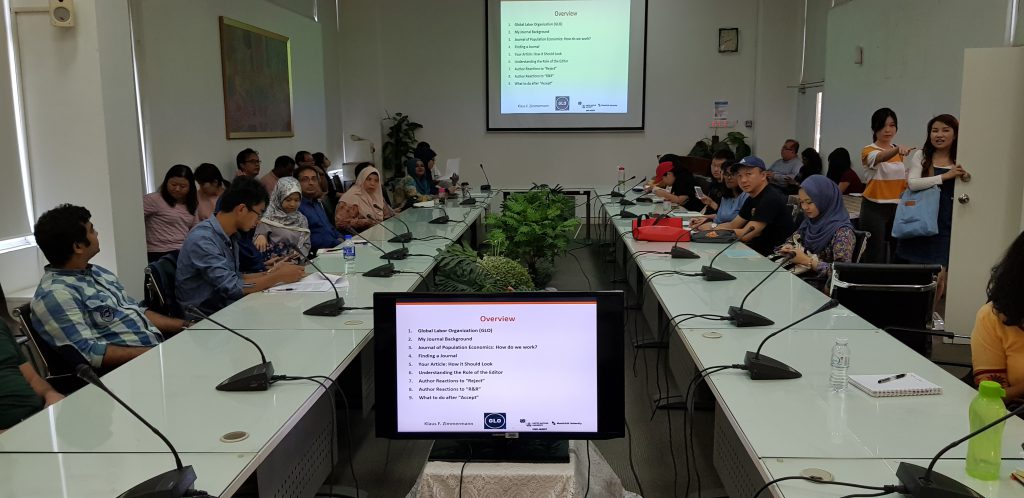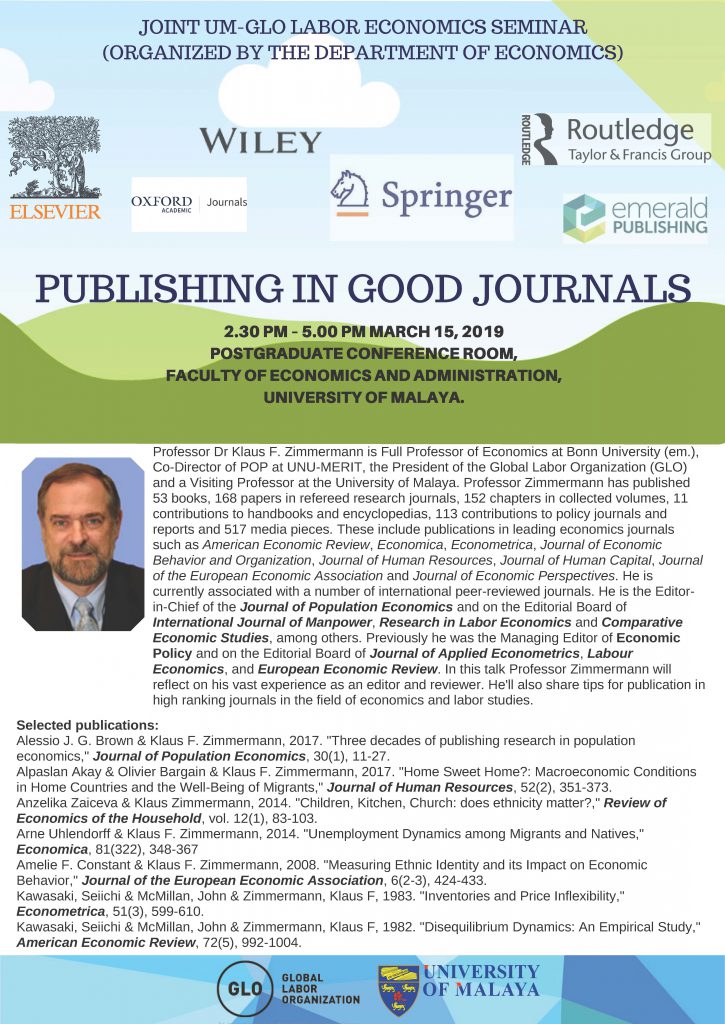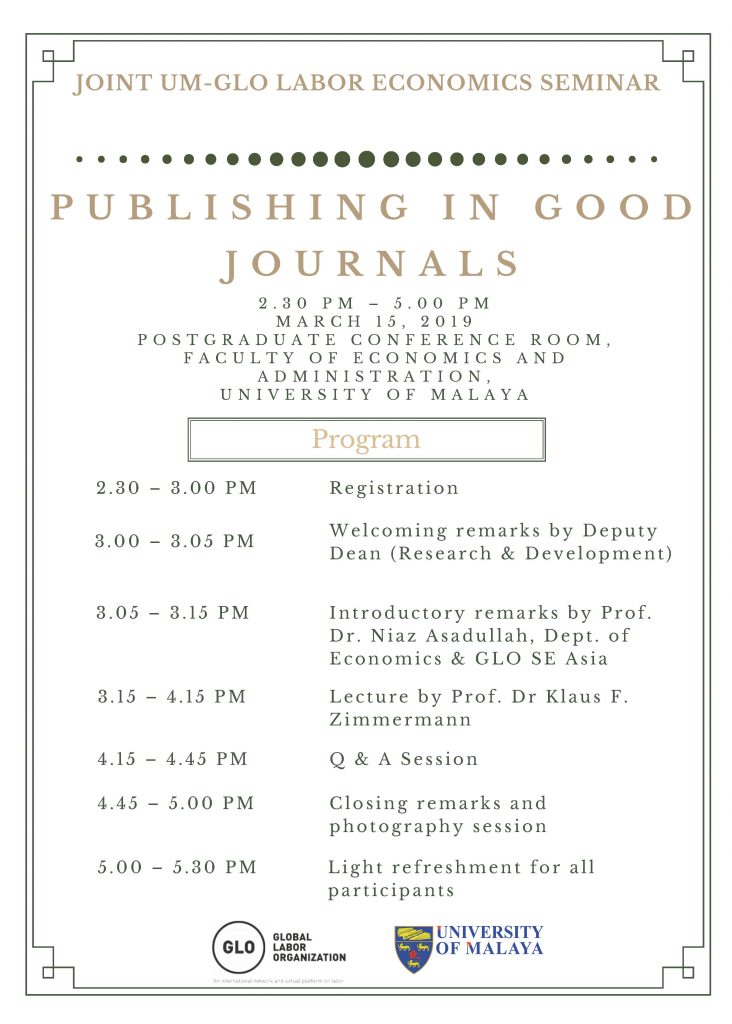Morocco, a North-African country that has become a major emigration hub to Europe, has seen many calls for political change over the last few years. The “GLO Discussion Paper of the Month of February 2019” is using micro data to confirm that social remittances induced by international migration are indeed drivers of social and political change in the context of Morocco.
GLO Discussion Papers are research and policy papers of the GLO Network which are widely circulated to encourage discussion. Provided in cooperation with EconStor, a service of the ZBW – Leibniz Information Centre for Economics, GLO Discussion Papers are among others listed in RePEc (see IDEAS, EconPapers). Complete list of all GLO DPs downloadable for free.
GLO Discussion Paper of the Month: February 2019
GLO DP 309 International Migration as Driver of Political and Social Change: Evidence from Morocco – Download PDF
by Tuccio, Michele & Wahba, Jackline & Hamdouch, Bachir
GLO Fellows Bachir Hamdouch, Michele Tuccio and Jackie Wahba.
Abstract: This paper focuses on the impact of international migration on the transfer
of political and social norms. Exploiting recent and unique data on Morocco, it
explores whether households with return and current migrants bear different political
preferences and behaviours than non-migrant families. Once controlling for the
double selection into emigration and return migration, findings suggest that having a
returnee in the household increases the demand for political and social change, driven
by returnees mostly from Western European countries, who have been exposed to
more democratic norms at destination. However, we find a negative impact of having
a current migrant on the willingness to change of the left-behind household, driven by
migrants to non-West countries, where the quality of political and social institutions
is lower. Our results are robust to also controlling for destination selectivity.
GLO Discussion Papers of February 2019
328 Short-Run Health Consequences of Retirement and Pension Benefits: Evidence from China –Download PDF
by Nikolov, Plamen & Adelman, Alan
327 Tracking the Sustainable Development Goals: Emerging Measurement Challenges and Further Reflections – Download PDF
by Dang, Hai-Anh H. & Fu, Haishan & Serajuddin, Umar
326 Public Employment Decline in Developing Countries in the 21st Century: The Role of Globalization – Download PDF
by Gözgör, Giray & Bilgin, Mehmet Huseyin & Zimmermann, Klaus F.
325 The Nativity Wealth Gap in Europe: a Matching Approach – Download PDF
by Ferrari, Irene
324 The Evolution of Factor Shares: Evidence from Switzerland – Download PDF
by Baldi, Guido & Pons, Martina
323 Timed to Say Goodbye: Does Unemployment Benefit Eligibility Affect Worker Layoffs? – Download PDF
by Albanese, Andrea & Ghirelli, Corinna & Picchio, Matteo
322 Beyond the Average: Ethnic Capital Heterogeneity and Intergenerational Transmission of Education – Download PDF
by Chakrabortya, Tanika & Schüller, Simone & Zimmermann, Klaus F.
321 The Growing Divergence in U.S. Employee Relations: Individualism, Democracy, and Conflict – Download PDF
by Norlander, Peter
320Innovation, Automation, and Inequality: Policy Challenges in the Race against the Machine – Download PDF
by Prettner, Klaus & Strulik, Holger
319 English skills, labour market status and earnings of Turkish women – Download PDF
by Di Paolo, Antonio & Tansel, Aysit
318 Improving Access and Quality in Early Childhood Development Programs: Experimental Evidence from The Gambia – Download PDF
by Blimpo, Moussa P. & Carneiro, Pedro & Jervis, Pamela & Pugatch, Todd
317 Motherhood, Migration, and Self-Employment of College Graduates – Download PDF
by Cai, Zhengyu & Stephens, Heather M. & Winters, John V.
316 Whither the evolution of the contemporary social fabric? New technologies and old socio-economic trends – Download PDF
by Dosi, Giovanni & Virgillito, Maria Enrica
315 Are there gains to joining a union? Evidence from Mexico – Download PDF
by Gutiérrez Rufrancos & Héctor Elías
314 Home advantage in European international soccer: Which dimension of distance matters? – Download PDF
by Van Damme, Nils & Baert, Stijn
313 Twelve eyes see more than eight. Referee bias and the introduction of additional assistant referees in soccer – Download PDF
by Verstraeten, Olivier & Baert, Stijn
312 Works Councils and Workplace Health Promotion in Germany – Download PDF
by Jirjahn, Uwe & Mohrenweiser, Jens & Smith, Stephen C.
311 Does Society Influence the Gender Gap in Risk Attitudes? Evidence from East and West Germany – Download PDF
by Chadi, Cornelia & Jirjahn, Uwe
310 Immigration and unemployment in Europe: does the core-periphery dualism matter? – Download PDF
by Esposito, Piero & Collignon, Stefan & Scicchitano, Sergio
309 International Migration as Driver of Political and Social Change: Evidence from Morocco – Download PDF
by Tuccio, Michele & Wahba, Jackline & Hamdouch, Bachir
GLO DP Team
Senior Editors: Matloob Piracha (University of Kent) & GLO; Klaus F. Zimmermann (UNU-MERIT, Maastricht University and Bonn University).
Managing Editor: Magdalena Ulceluse, University of Groningen. DP@glabor.org
Ends;

